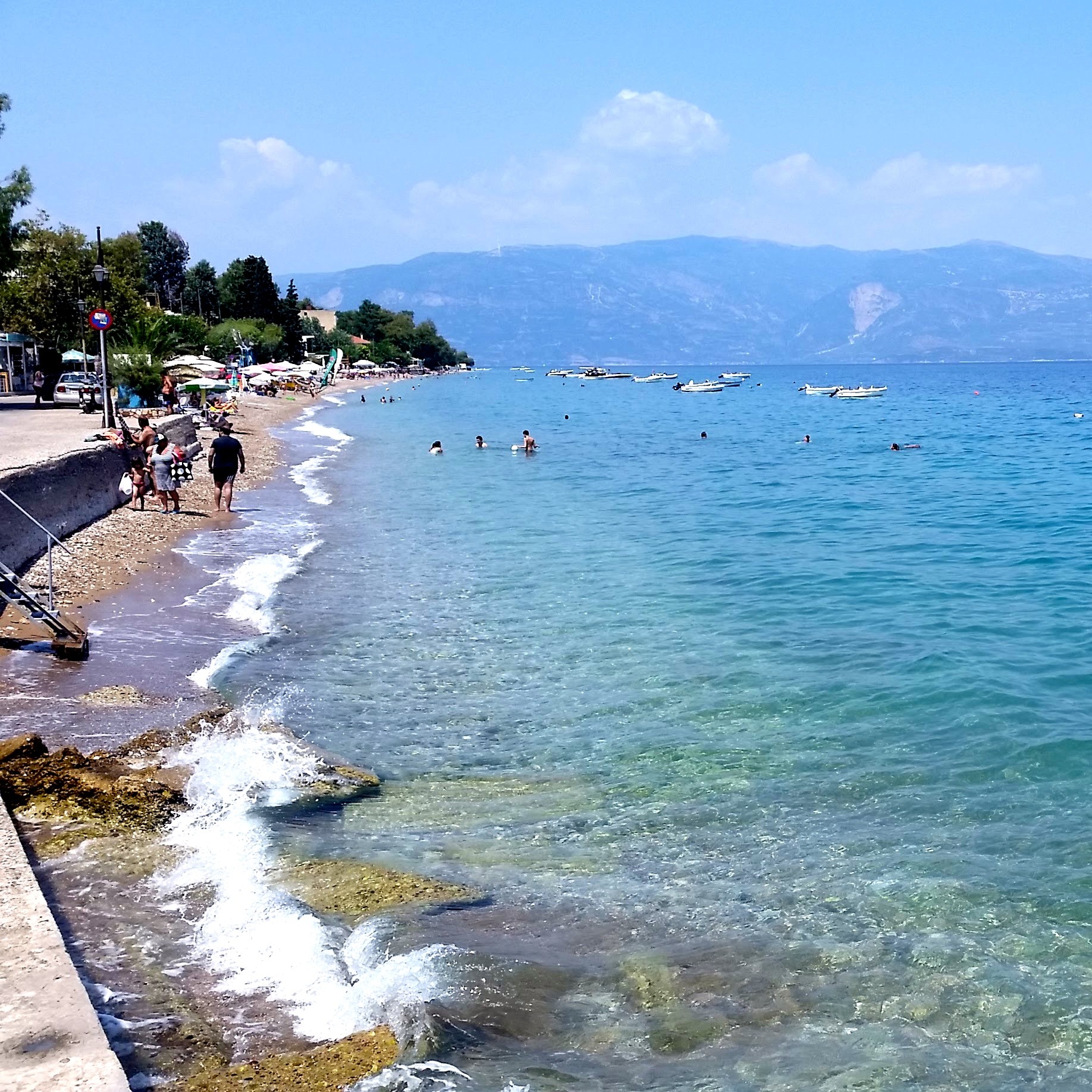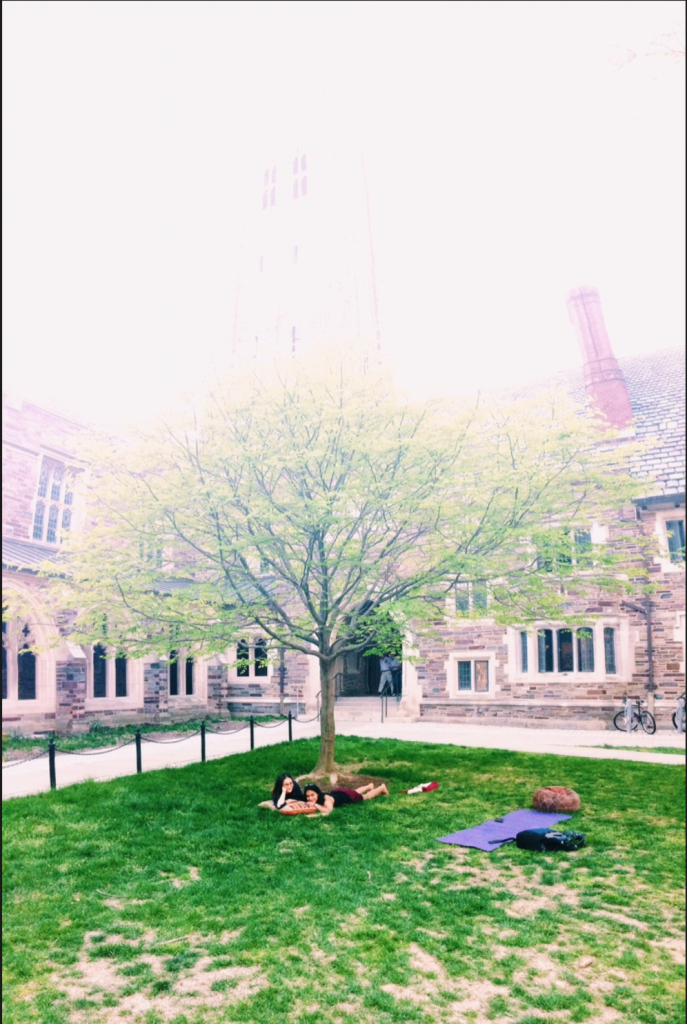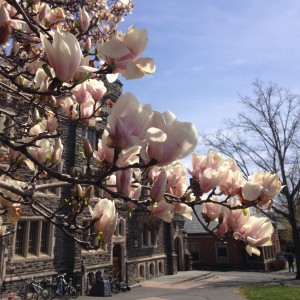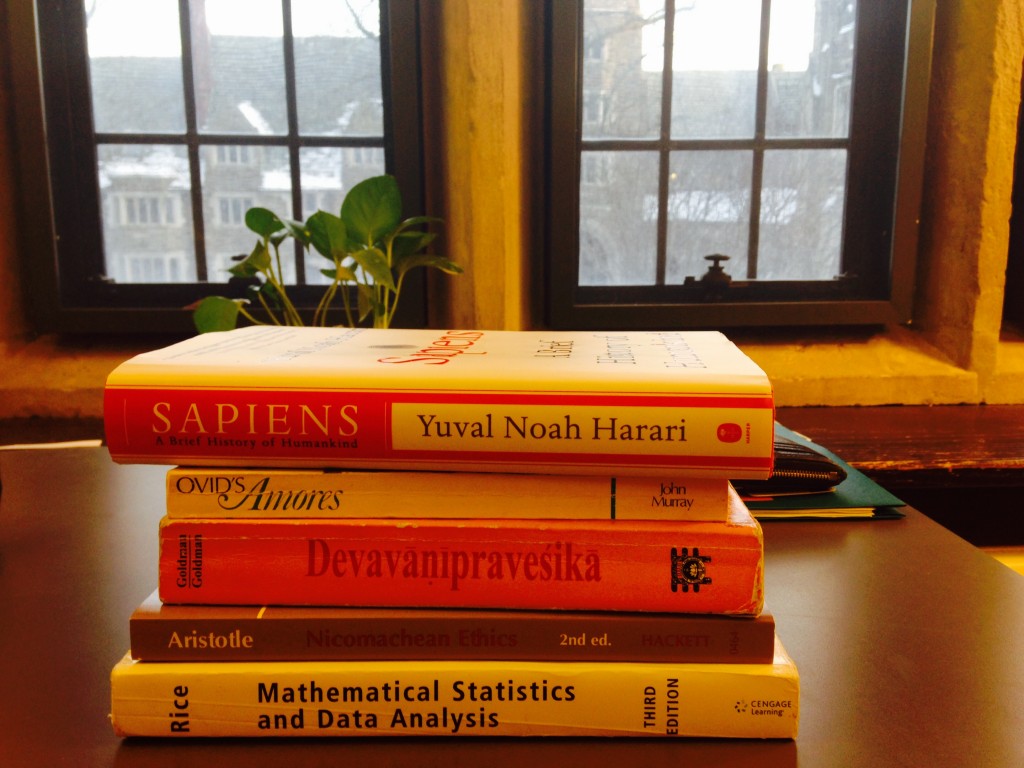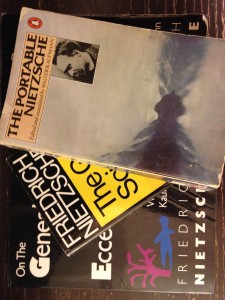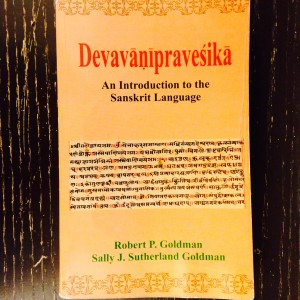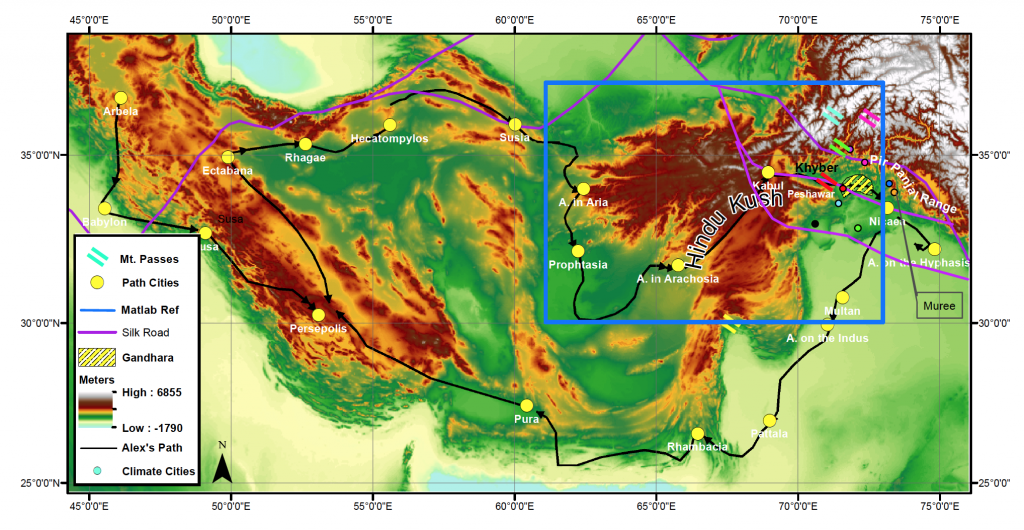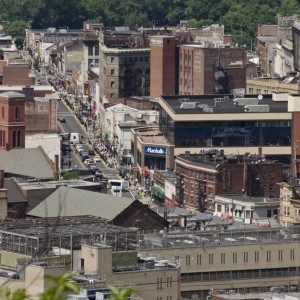Last Saturday, I joined around forty students and faculty members gathered in the Mathey common room as part of Principedia’s fall Hackademics. The goal? In the words of McGraw Associate Director Nic Voge, sharing what students have learned about the hidden curriculum at Princeton.
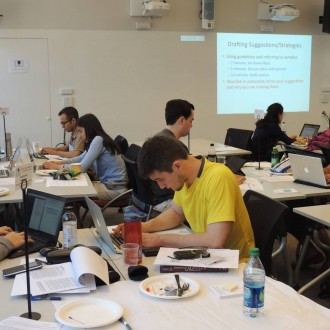
Whether or not they call it by name, most students have recognized the “hidden curriculum” of learning expectations and demands behind every Princeton course. I’ve often had to puzzle out the best learning strategies for my classes– from watching MAT 202 video review sessions before exams to talking through principal parts with friends in language classes– by trial and error. Online course evaluations are usually emotionally-charged and of limited help, and professors and TAs don’t always give students concrete advice. Continue reading Principedia: A Wiki for Better Learning!


